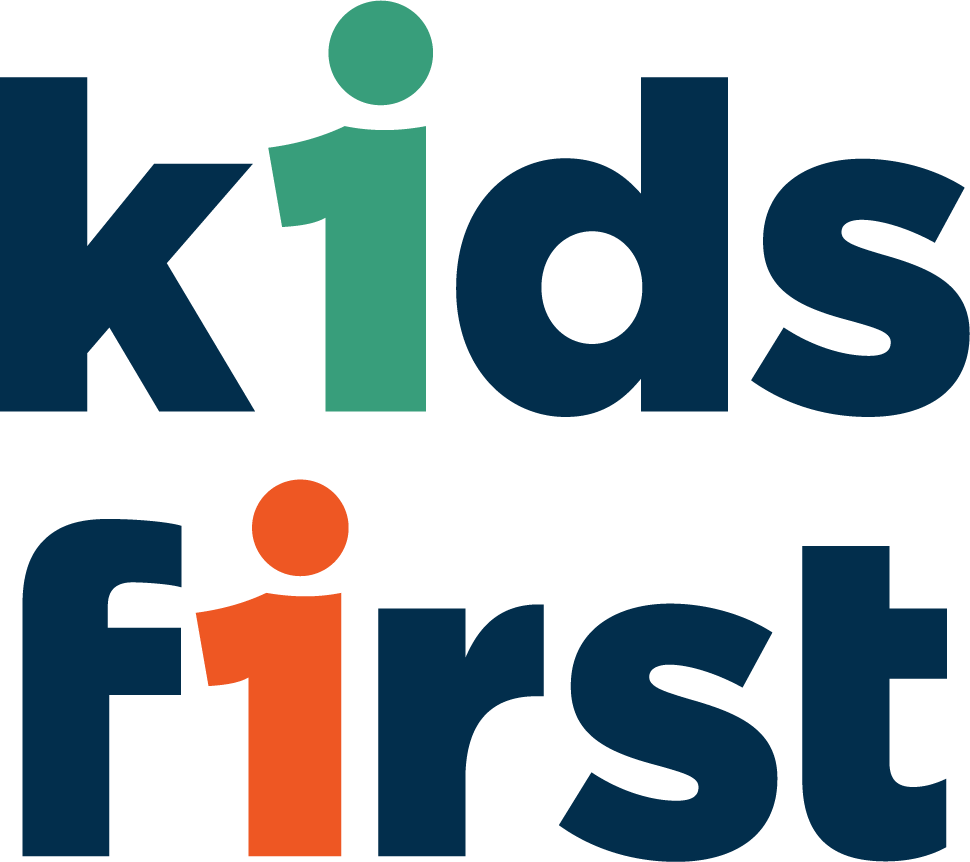What Is Your Motivation to Become a Foster Parent?
What Is Your Motivation to Become a Foster Parent? - Dallas and Fort Worth, TX - Foster Parent and Adopt
There is an urgent need for foster parents in the U.S. to care for the growing numbers of children in foster care. In 2019 there were more than 400,000 children in care, while at the same time we had 184,000 foster homes. We simply need more people who want to become a foster parent. Social services and other child welfare agencies are doing everything they can to find, train, and assist new foster families to fulfill the urgent demand for more foster parents.Part of this process entails assisting each possible foster family in considering why they want to care for foster children and determining whether fostering is truly the appropriate fit for them. Foster parents need to be clear about their goals and motivations. If you are not satisfied, the task of foster parenting will be more difficult. This can lead people to quit fostering, which may cause additional trauma for foster children.
Why Become a Foster Parent?
Here is a list of common reasons why people foster.
Social conscience
Many people decide to become foster parents because they want to help children who are in need of a home. Foster parenting success is significantly linked to this motivation.
Desire to care for children or to adopt
Many foster parents decide to become foster parents because they want to raise children even if they don’t have any of their own. Foster parenting success is significantly linked to this motivation. Some foster parents merely love being around children.
Companionship for one’s own children
Many people express this motivation. It is not always a bad motive, but it has to be investigated. It is understandable to want a “sibling” for one’s own child for the benefit of both children, but this should not be the major incentive for fostering.
Desire to derive income
This is a common reason for people wanting to become foster parents, and it isn’t always a negative one. Many foster parents wind up spending their own money in addition to the money they receive from DSS in order to give their foster children the best possible care. Foster families are aware that recompense is frequently insufficient.
Identification with deprived children
Some adults become foster parents because they have had similar experiences (abuse, neglect, and dependency) as those of foster children. They identify with these children now that they are grownups and want to help them. Foster parenting success is significantly linked to this motivation.
Life dissatisfaction
Loneliness, a desire to dominate others, or dissatisfaction with current life may inspire a person to look for a child to “fix” the problem.
Conclusion
Although reasons may appear to be plainly good or bad, such a distinction is rarely made. Motives must be investigated and analyzed in light of each person’s unique circumstances. The situation of the family typically determines whether or not a motivation is appropriate.If you’d like to talk to someone about how to become a foster parent, we’re ready. Kids First has extensive experience helping families become foster families throughout the Dallas and Fort Worth area. There’s no pressure, we just want to help. Contact us today to start the conversation.


